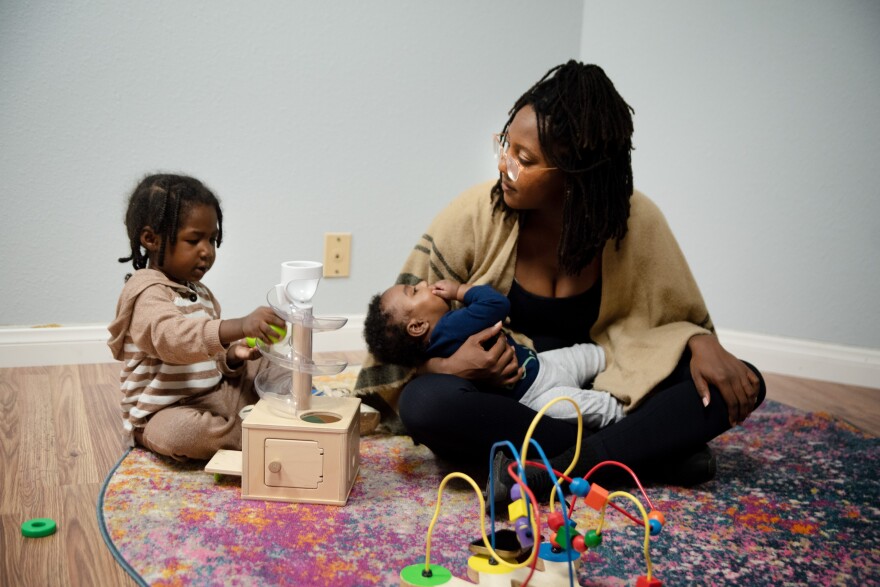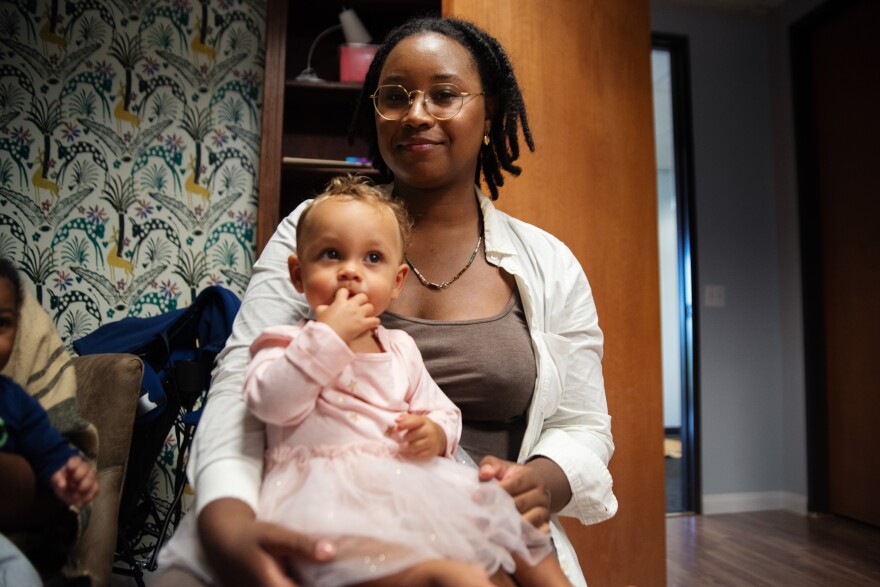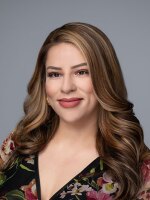Childbirth can be a happy time for a mom. But for Black mothers, it can be different.
"Unfortunately, Black women have higher rates of maternal morbidity and mortality. African American babies are more likely to die before their first birthday than Hispanic women, Asian women and Caucasian women," said Iris Payne, the director of the San Diego County Black Infant Health Program (BIH).
BIH has been serving Black families in Central San Diego, but recently expanded into North County.
"We have a program because there's a need," Payne said. "And I think as a society, we want to recognize the needs of all of our citizens. If we all thrive individually, then we all thrive as a community."
The goals of the program are to improve Black infant and maternal health and decrease health and social inequities. But Payne said the program will not turn anyone away, regardless of identity or background.
The program is funded by the state and the county of San Diego, and is facilitated by the Neighborhood House Association. The nonprofit has a network of human service programs starting from birth to senior care.
"(BIH) was formed to reduce the stressors on mom and deliver healthy children into the world. And it fell right in line with the service that we were delivering in those communities where there were a high concentration of African Americans and Latinos," said Rudy Johnson, president and CEO of the Neighborhood House Association. "And so we thought this was a great fit for our portfolio."
BIH works with expecting and postpartum Black moms.

"They (BIH) actually work with the women to advocate for themselves when they are going to their health care professional. They provide those wraparound services and the women, when they're in the program, they are able to develop other relationships with other women. So they're building their network of a support system for themselves," said Rhonda Freeman, the branch chief of Maternal Child Family Health Services with the County of San Diego.
Danielle Morgan and Chaya Richie are program participants who recently met at the new BIH center in Oceanside.
"Personally being a Black mom, I know it's really hard to find other Black moms," Morgan said. "They're here ... but I don't think they're out and about as easily as a lot of other racial groups just because there's not a lot of resources."
Richie says the lack of resources and representation is what inspired her. "When I learned that there were only 4% of Black people that represented midwifery, I knew that I had to get in there," she said.
Richie is studying to become a midwife and thinks more representation could help change the mortality and morbidity rates Black mothers and infants face, "because that is the biggest way to make sure that our people are fought for ... and that marginalized people are sought justice towards, and making sure that maternal birth rate decreases until we're no longer at a deficit."
Richie credits programs like Black Infant Health for raising more social justice awareness.
The office located in Oceanside at 3156 Vista Way, Suite 200 is having a grand opening on Saturday, Sept. 21 from 1-4pm.
Family portraits, activities and food will be provided and anyone is welcome to join.
Services in Central San Diego are offered at 286 Euclid Avenue, Suite 308 San Diego, CA 92114.







